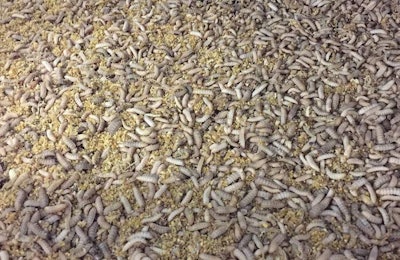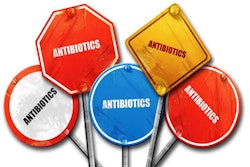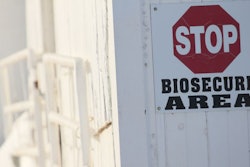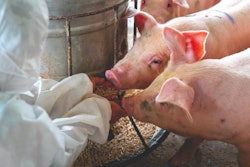
Caught in regulatory ‘gray area,’ insect farming experiences slowdown despite new opportunities tied to COVID-19
Despite viewing the novel coronavirus (COVID-19) pandemic as an opportunity to prove its worth to global food supply chains, the budding insect farming industry has encountered labor-related barriers, and research into new food and animal feed products has ground to a halt.
A spokesperson for the EU nonprofit International Platform of Insects for Food and Feed (IPIFF) said the organization is not yet aware of any insect facilities that have been forced to close as a direct result of the pandemic, but some insect farms have been forced to reduce the size of their operations due to workforce restrictions and other difficulties.
“This impacts not only the good functioning of an insect farm, but it also has visible repercussions on those processing insects into food or feed ingredients,” IPIFF said in a statement to Feed Strategy.
Insect production has found itself in an regulatory “gray area” during the pandemic, according to IPIFF. While some rulemaking bodies such as the European Union have granted insect farming the same protected “essential” status as other farming operations, the insect industry’s status remains unclear in other regions.
The number of governing bodies that recognize insect farming as an essential service has grown since April 9, when IPIFF released a position paper outlining the contributions of the industry. But insect farms have experienced some of the same impacts of COVID-19 as other agricultural sectors, with IPIFF noting that delayed deliveries and shortages of raw materials and other supplies have affected many insect producers.
Research and development, in particular, has taken a hit, according to IPIFF. Some insect facilities with their own research capacity have found that the production side was classified as “essential,” while research operations was not, resulting in disruptions to ongoing projects. While projects involving trials in live animals like chickens or pigs could continue, these may require close human contact, IPIFF noted, resulting in potential delays to these projects as well.
While the delays to these research initiatives are ideally temporary, IPIFF said the interruptions may force some studies to start from scratch entirely, incurring unanticipated costs.
New development and construction has also slowed, according to IPIFF, because workers are being encouraged to stay home.
IPIFF has expressed frustration at the curtailment of insect farming activities, because insect farming has the potential to “shorten supply chains” and reduce food waste — problems becoming increasingly pressing in other sectors due to COVID-19 bottlenecks.
“In the long run,” IPIFF said in a statement, insect research and development could lead to “new food and feed ingredients [that] could bring a positive contribution towards improving local self-sufficiency of protein-rich materials.”
View our continuing coverage of the novel coronavirus (COVID-19) pandemic.













